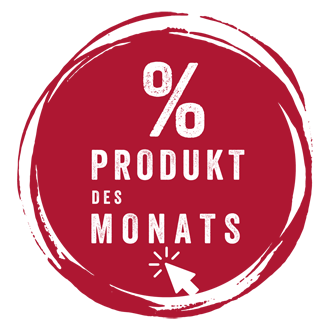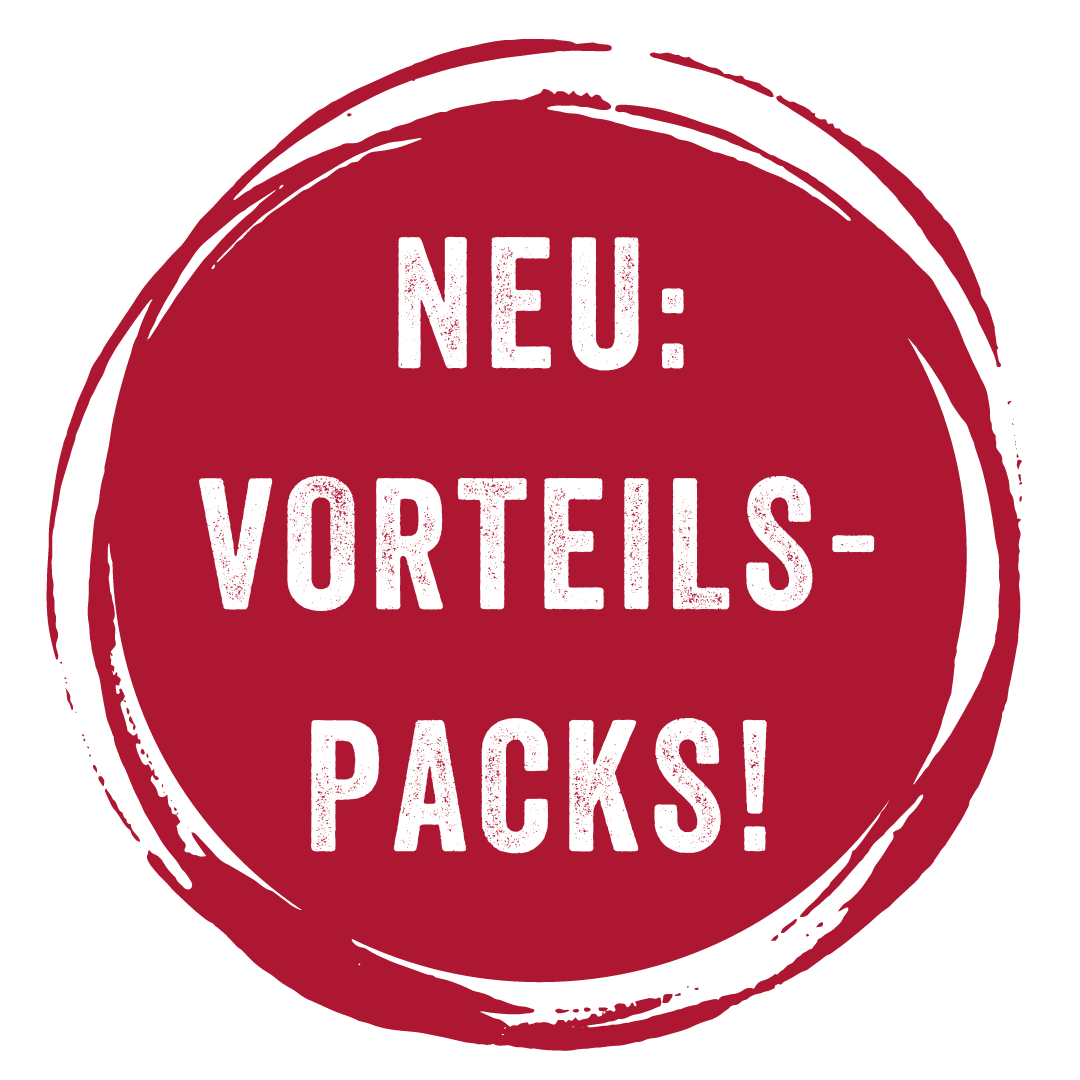Die Bode-Story
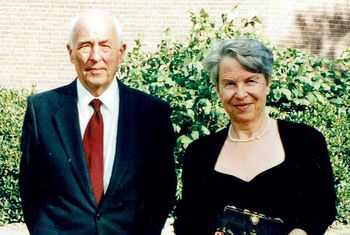
Die Gründer Horst und Gisela Bode
Altes Glas-Etikett von einem der ersten Eigenimporte
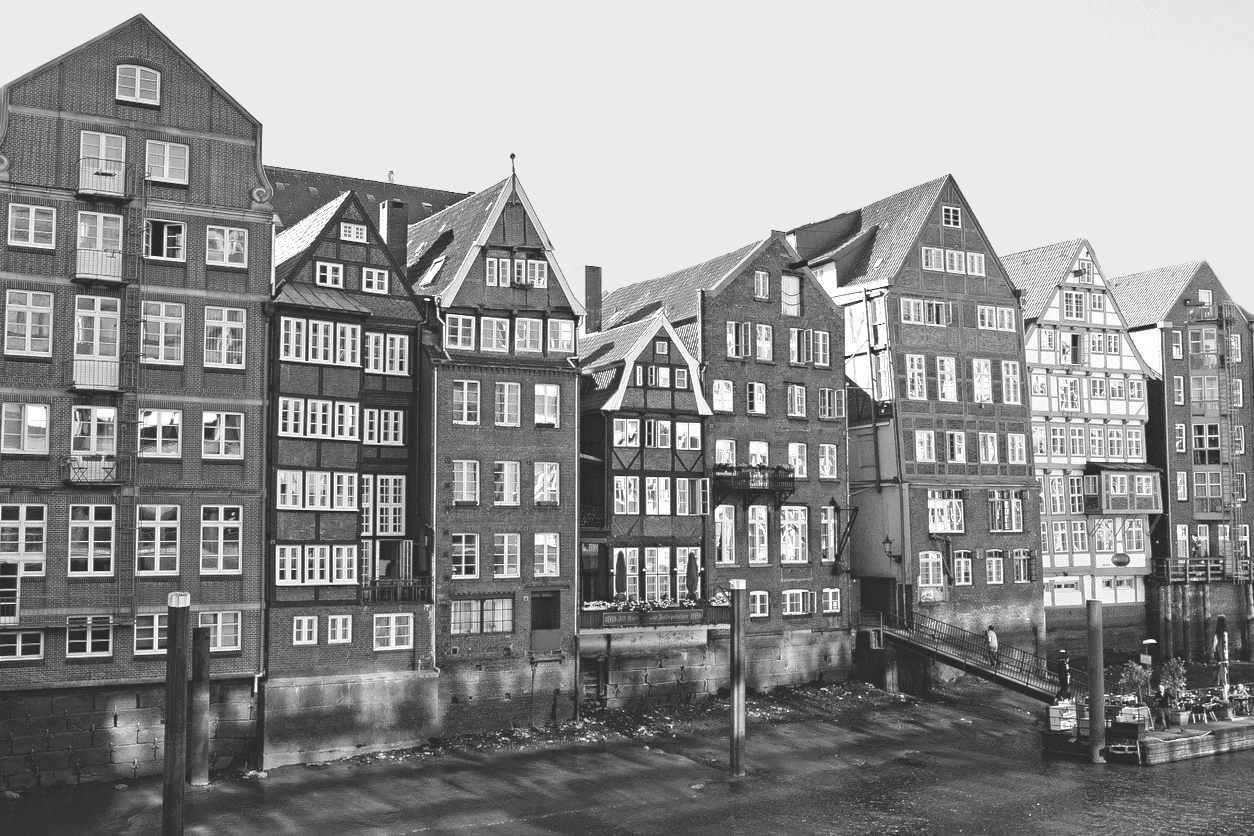
Die schöne Deichstraße in Hamburg
1960 gründet Horst Bode das Familienunternehmen in der berühmten Deichstraße in Hamburg, heute eine museal erscheinende Gasse, die Ware wird klassisch mit Galgen-Flaschenzug in die Etagen der Backstein-Fachwerkhäuser geliftet. Die Gründer handeln konventionelle Feinkost und Gewürze. Diese stammt aus Deutschland und Europa
und von der Gewürzbörse.
1980 Umzug nach Wentorf bei Hamburg. Das Thema Bio-Lebensmittel steckt noch in den Kinderschuhen aber der Bio-Gedanke gedeiht innerfamiliär und so wird privat und geschäftlich umgestellt. Kunden sind Reformhäuser und jedweder „Gesundladen und Gesundverarbeiter“. Bis 1985 sind nur Horst und Gisela Bode mit einigen Aushilfskräften im Betrieb tätig. Danach stellen sie eine Vollzeit-Bürokraft zusätzlich ein.
1990 zieht das Unternehmen in den Hamburger Stadtteil Lohbrügge um. Im Osten Hamburgs, am grünen Gürtel der Stadt, hat der Betrieb einen optimalen Standort mit Nähe zum Hamburger Hafen.
Seit 1993 leitet der Sohn, Frank Bode, das erfolgreiche Bio-Handelshaus in zweiter Generation. Als der heute
54-Jährige den kleinen Betrieb 1993 am jetzigen Standort im Alter von 23 Jahren mit drei Mitarbeitern übernimmt,
reicht noch eine Lagerhalle mit 300 Quadratmetern ohne Palettenregale. Mit PKW und Anhänger und später einem kleinen Transporter liefert er die bestellten Waren an die Kunden im Umkreis.
1999 wird das Lager zum ersten Mal, im Vergleich zu den heutigen Lagerkapazitäten, um zarte 180qm erweitert.
Die Baukosten von 150.000 D-Mark waren eine erhebliche aber notwendige Investition, um dem bis heute gültigen Servicegedanken zu folgen, möglichst viele Bestellungen am Tage ihres Eingangs zu versenden.

Damals gab es keine Navigationsgeräte, nur Papierkarten - und hier scheint Frank Bode sich wohl verfahren zu haben...?

Erweiterte Lagerhalle, Produktion und Büro
2000 kommt eine zweite Halle hinzu. Mit steigendem Umsatz erhöht sich ebenso der Lagerbedarf.
2001 wird die erste Verpackungsanlage in Betrieb genommen, sowohl für Beutel der Marke BODE NATURKOST als auch für das Private-Label-Geschäft. Ein eigener Bio-Laden eröffnet auf dem Werksgelände. Dieser muss wenige Jahre später neuen Büros weichen, da aufgrund wachsender Umsätze und Aufgaben mehr Mitarbeiter eingestellt werden.
2002 können die Kunden über den ersten Online-Shop bestellen. Neue Schwerpunkte sind Rohkost-Rohstoffe und auch eine Fair Trade Linie kommt hinzu.
Ab 2010 müssen Läger in der Umgebung angemietet bzw. gekauft werden, da die Kapazitäten in Lohbrügge nicht reichen. Es folgen weitere Lagerbauten, Kühllager und Tiefkühllager kommen ebenfalls hinzu.
2016 sind neue Produktionsräume und eine modernere automatisierte Verpackungsanlage fertig. Die Mitarbeiter ziehen in ein neues Bürogebäude, denn der Erfolg zeigte sich auch an mehr Mitarbeitern. Am wachsenden Unternehmenssitz sind heute rund 80 Mitarbeiter beschäftigt.
Die Unternehmensführung wird durch zwei Prokuristen ergänzt. Die Unternehmensführung ist damit für das stetige Wachstum stark aufgestellt.
2017 Die größte Lagerhalle Nr. 12 wird fertiggestellt. Sie erfüllt modernste Logistik-Ansprüche. Die Halle ist 65 m lang,
35 m breit und 16 m hoch und fasst ein Volumen von 36400 Kubikmetern. Damit ist eine Kapazität von 7000 Palettenstellplätzen hinzugekommen. Frank Bode: „Mit 2,5 Millionen Euro ist es die größte Investition seit der Gründung des Familienunternehmens. Unsere Kunden profitieren von der erweiterten Lagerkapazität, da noch mehr Produkte zur sofortigen Auslieferung bereitstehen."
Benjamin Bode, Gabriele Bode und Frank Bode
(von links)
2018 Bode Naturkost ist mit 400 Containern pro Jahr plus einer Vielzahl an LKW-Zugängen einer der größten Bio-Importeure Deutschlands. Weitere Professionalisierung in allen begleiteten Handelsstufen und die höhere Importschlagzahl führt zu immer sichereren, zuverlässigeren, frischeren und sogar günstigeren Rohstoffen. Mittlerweile versendet Bode jährlich mehr als 12.000 Paletten an die Kunden, Tendenz steigend.
2020 Auch in diesem schwierigen Jahr befindet sich das Unternehmen weiter auf Kurs und beschäftigt mittlerweile über 100 Mitarbeiter.
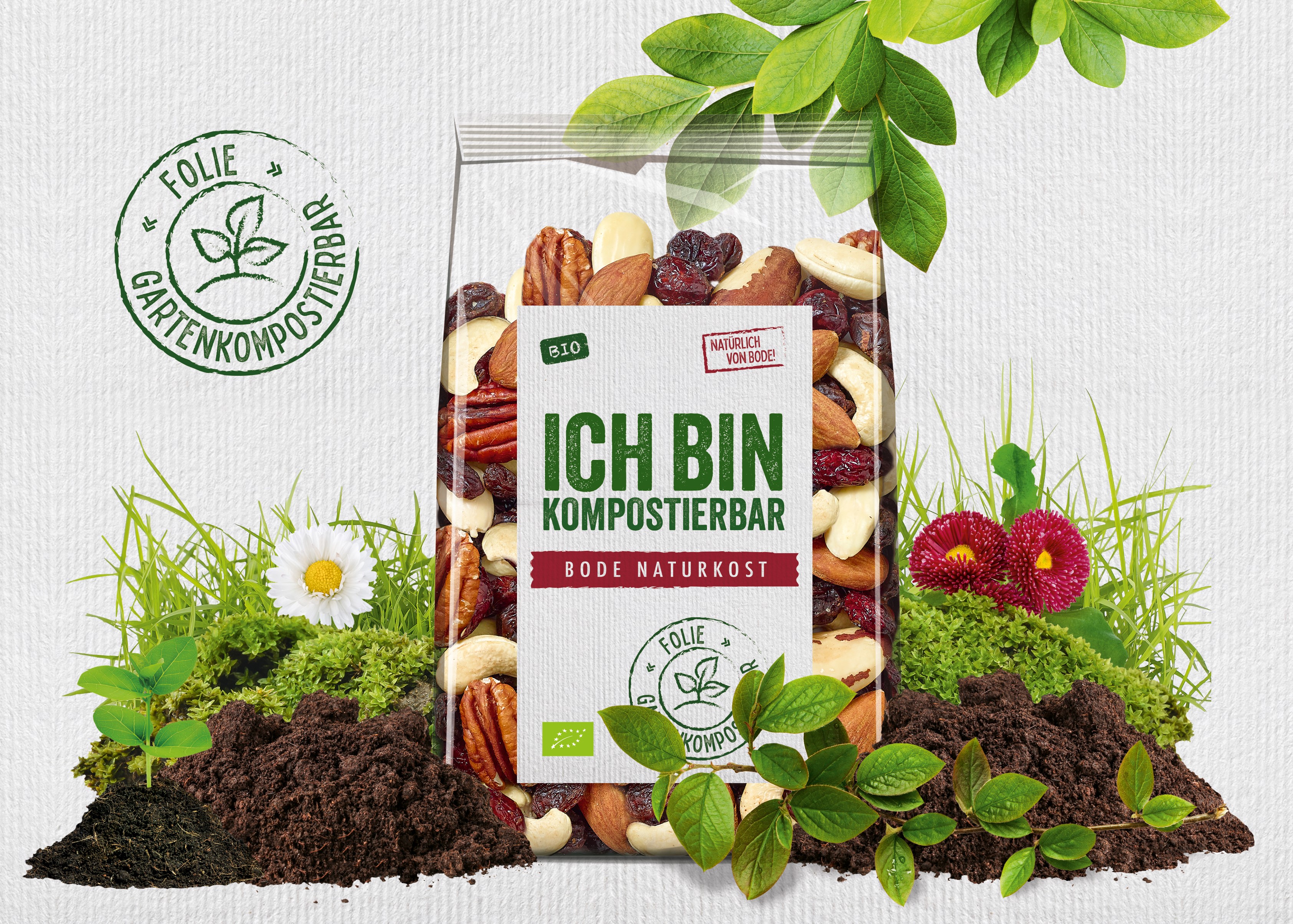
Die neue plastikfreie Verpackung
Zum Jahresabschluss konnte das Team das erneute Erreichen der IFS-Food-Zertifizierung feiern.
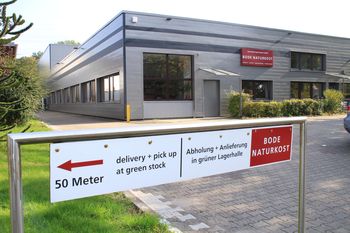
Heutiges Bürogebäude
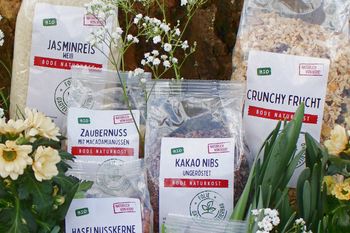
Verpackt wird auf einer modernen Schlauchbeutelmaschine
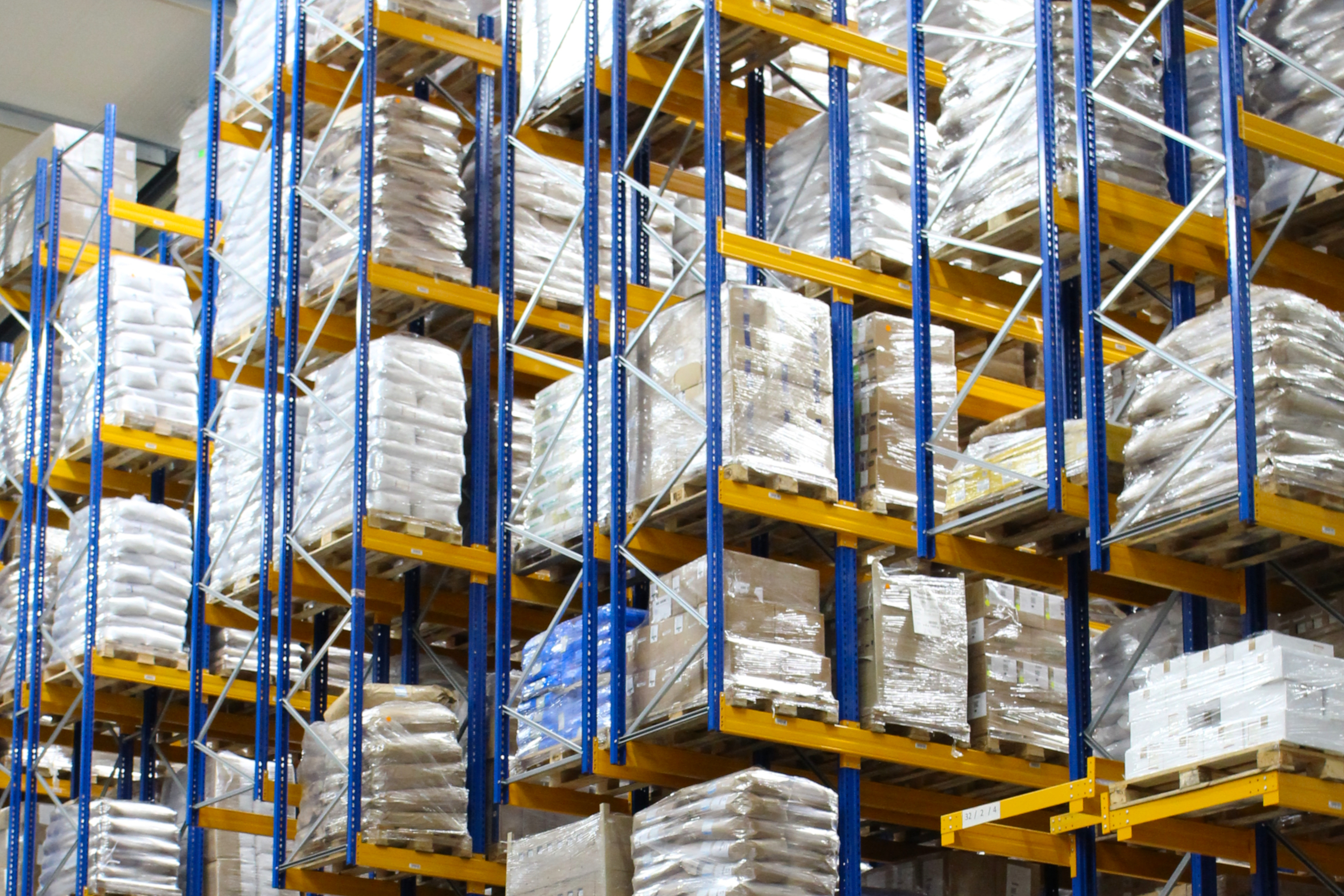
Hochregallager in der größten Lagerhalle 12


